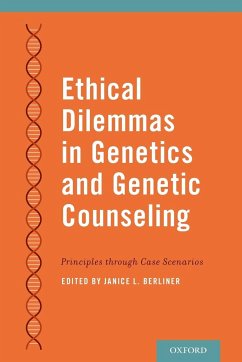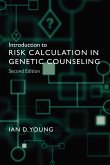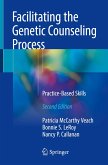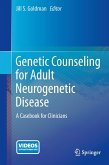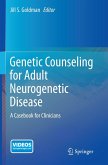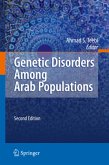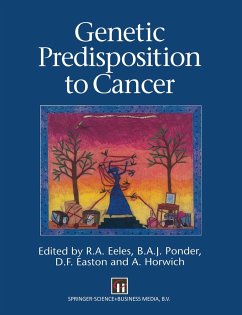Knowledge of the genetic basis of human diseases is growing rapidly, with important implications for pre-conceptional, prenatal, and predictive testing. While new genetic testing offers better insight into the causes of and susceptibility for heritable diseases, not all inherited diseases that can be predicted on the basis of genetic information can be treated or cured. Should we test everyone who wants to know his or her genetic status, even when there are no possibilities for treatment? What is the role of the "right-not-to-know?" Do we test children for adult onset disorders because the parents just "have to know" or do we respect the children's right to choose when they are older? Do we allow commercial companies to offer genetic tests directly to consumers without the proper oversight regarding what the test results will mean? By using a creative approach that focuses on a single extended family as a case example to illustrate each chapter's key point, the authors elucidate ethical issues arising in the genetics clinic and laboratory surrounding many timely issues, including: prenatal and pre-implantation genetic diagnosis assisted reproductive technologies incidental findings in genetic testing gene patenting testing children for adult onset disorders direct to consumer testing Ethical Dilemmas in Genetic Counseling: Principles through Case Scenarios is essential reading for anyone interested in the ethical issues surfacing in common genetics practice. Written exclusively by genetic counselors, it makes a significant contribution to the field of ethics in genetics and thus will appeal not only to genetic counselors but to physicians, nurses, and all those concerned with bioethics and social science.
Hinweis: Dieser Artikel kann nur an eine deutsche Lieferadresse ausgeliefert werden.
Hinweis: Dieser Artikel kann nur an eine deutsche Lieferadresse ausgeliefert werden.

